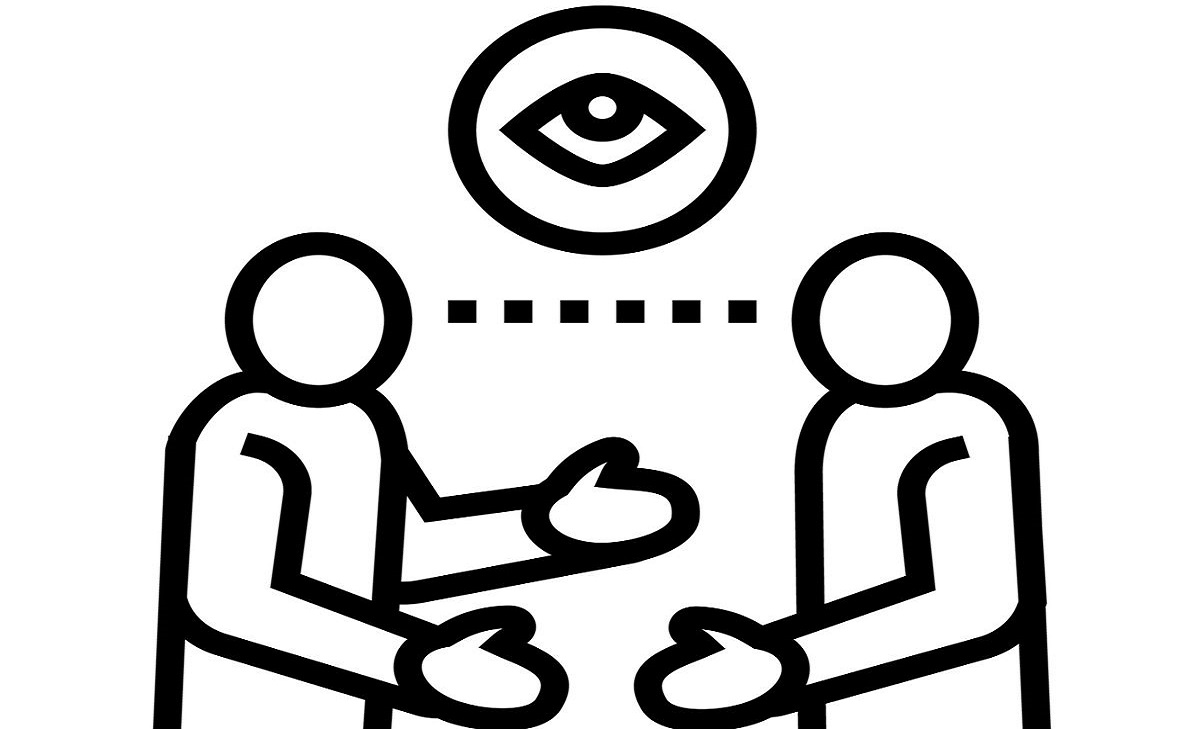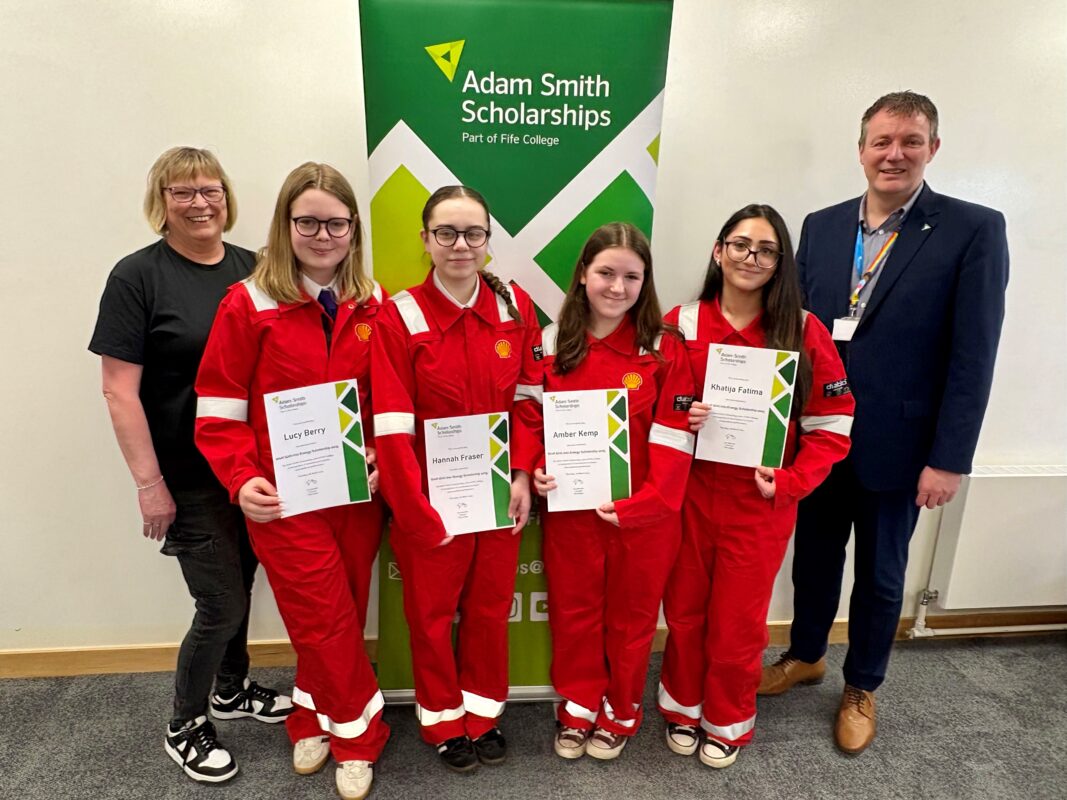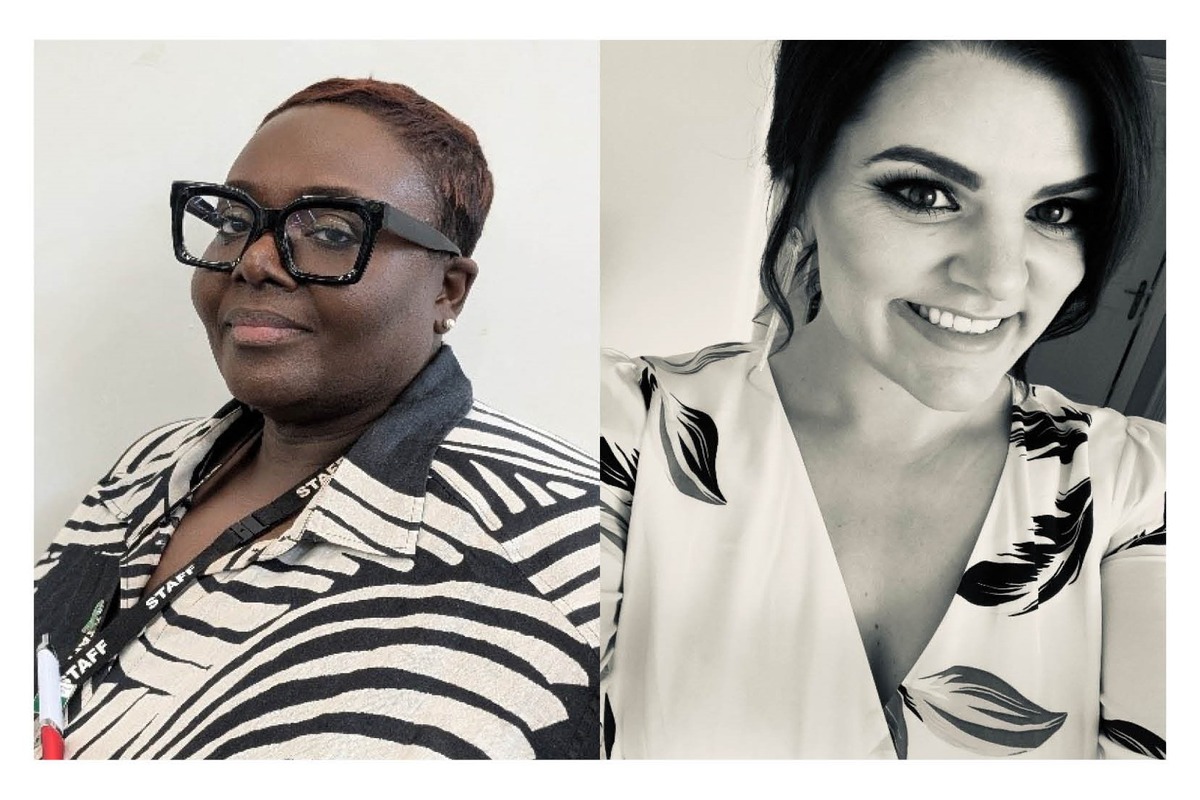Study shows that too much Eye Contact in Interviews can be Unsettling

Making eye contact is regarded as a good way of conveying attentiveness and respect in social interactions but can you overdo it?
Eye contact in a police witness interview was one of the behaviours looked at in a new study led by a University of Winchester PhD student which has been published in the academic journal Psychology, Crime, and Law.
Jamie Kiltie’s paper, entitled “Eye contact, but not too much… don’t stare into my soul”, looks at what the public expect from a police interview.
Interactions with the police can be challenging, especially if a person is being interviewed as a witness to a crime. Police are encouraged to develop ‘a good rapport’ with interviewees but are they doing the right things?
Working with the Centre for Forensic and Investigative Psychology at the University, Jamie invited members of the public to become part of focus group to discuss how they understand rapport in policing settings.
He found that people identified behaviours such as eye contact, feeling relaxed and having a relaxed body posture as keys to establishing rapport.
However, these behaviours were dynamic and specific to the individual. The ‘right amount’ of eye contact could vary between individuals.
Using intense eye contact was identified alongside not making eye contact and being dismissive by not listening as behaviours which hindered the establishment of a rapport.
Comments from the focus group included:
‘Eye contact but not too much … like don’t stare into my soul but also look at my eyes’
‘I’m autistic so I don’t like eye contact but other people do’
This has implications for the way that we might train police, and Jamie cautions against a ‘one size fits all’ approaches for police interviewers.
The study states:
“…rapport is a subjective experience, and it is important to tailor rapport-building strategies to the individual where possible. This could include considering, their situation, age and gender.”
Jamie said:
“Being able to speak to the public about their own perceptions on rapport and explore what challenges they may face has many practical benefits.
“Although complex, rapport was discussed as a personal and individual experience which should be tailored to the situation. Lending further support to police interviewers could help them adapt their behaviours to suit different situations and interviewees.”
To read the study, whose full title is: “‘Eye contact, but not too much … don’t stare into my soul’ understanding interviewee beliefs around rapport experiences and behaviours”.











Responses